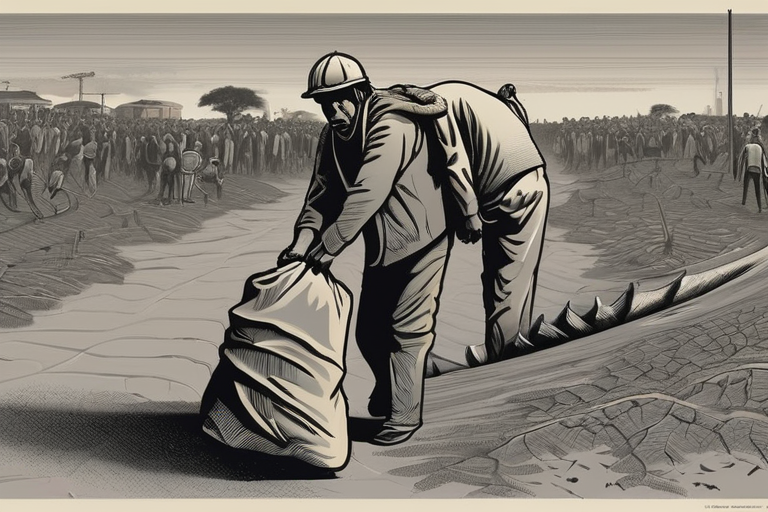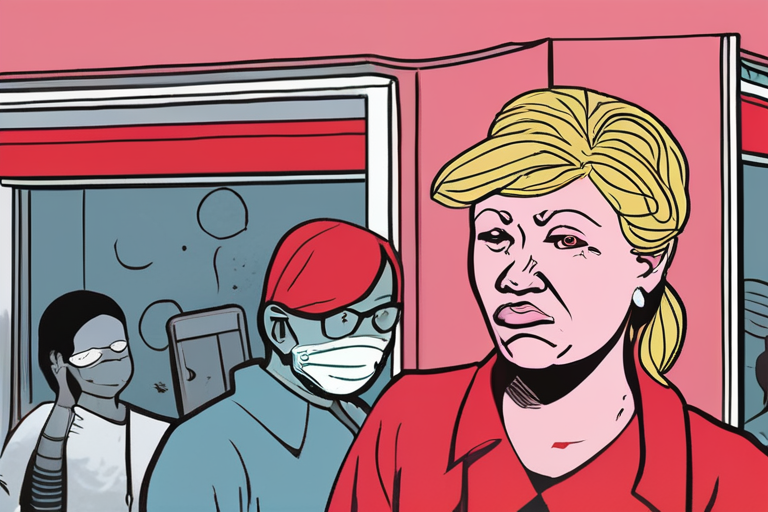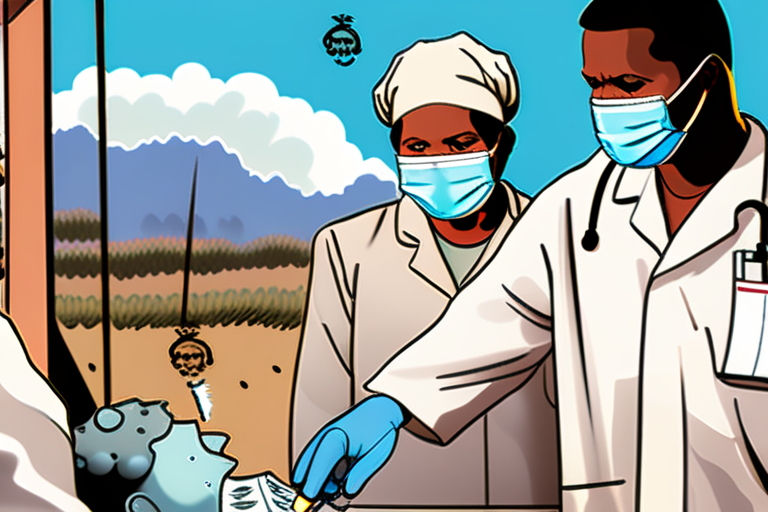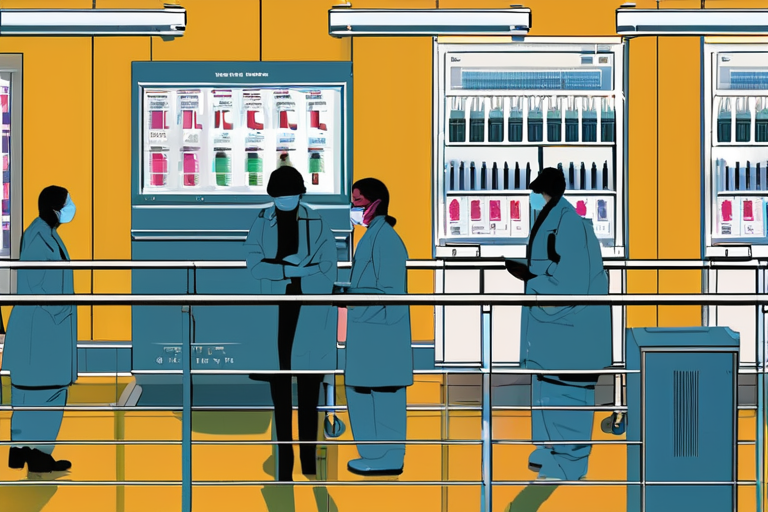The UK government announced a reduction of 15% in its contribution to the Global Fund for AIDS, Tuberculosis, and Malaria, a move that has sparked concerns among advocates and campaigners who fear it will force "impossible choices" on African countries. The decision, made public this week, sees the UK's commitment to the fund decrease from £1 billion in the last round to £850 million.
According to campaigners, the reduction in funding will have far-reaching consequences, particularly in Africa, where the Global Fund has made significant strides in combating infectious diseases. The fund, which has been instrumental in cutting deaths from HIV, TB, and malaria by half since 2002, relies heavily on contributions from donor countries, including the UK. The UK's leadership in fundraising for the Global Fund has been a key factor in its success.
"This decision is a betrayal of the UK's legacy in fighting infectious diseases," said a spokesperson for the advocacy group, Global Justice Now. "The UK's reduction in funding will not only harm the progress made in Africa but also undermine the trust and confidence of other donors in the Global Fund." The group is calling on Prime Minister Keir Starmer to reconsider the decision and maintain the UK's commitment to the fund.
The Global Fund's replenishment drive, which is currently underway, aims to secure funding for the next three years. The UK's reduction in funding has raised concerns that other donor countries may follow suit, further exacerbating the challenges faced by African countries in their fight against infectious diseases. "The UK's decision will have a ripple effect, and we fear that other countries will be encouraged to cut back their commitments as well," said a spokesperson for the African Medical and Research Foundation.
The Kenyan-made HIV test, which has been instrumental in diagnosing and treating HIV in Africa, is one of the many successes attributed to the Global Fund. The fund's efforts have not only saved countless lives but have also helped to reduce the economic burden of infectious diseases on African countries. However, the reduction in funding threatens to undermine these gains and force African countries to make impossible choices between competing health priorities.
The UK's decision has sparked a mixed reaction from other donor countries, with some expressing concern about the implications of the reduction in funding. The World Health Organization (WHO) has called on donor countries to maintain their commitments to the Global Fund, emphasizing the importance of continued support for the fight against infectious diseases. The WHO has also highlighted the need for increased funding to address the growing threat of antimicrobial resistance.
As the Global Fund's replenishment drive continues, advocates and campaigners are urging donor countries to maintain their commitments and ensure that the fund receives the necessary funding to continue its vital work. The UK's decision has sent a worrying signal, and it remains to be seen whether other donor countries will follow suit.



























Share & Engage Share
Share this article